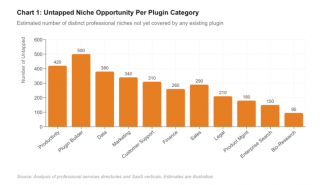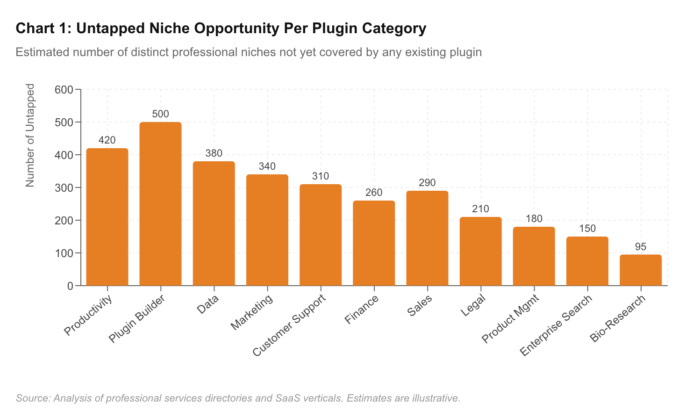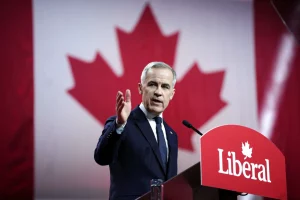The article highlights important topics to expect in the first major speech by the new Chancellor.
At 3.30pm, Rachel Reeves will give her first major speech to the House of Commons.

The government has announced that they will be implementing spending cuts and pay increases in the near future, but they have decided to hold off on any tax increases until the autumn. It has been declared that Britain is facing a severe financial crisis, with the state of public finances being even worse than initially thought. This comes as a major shock to many, and it is clear that tough decisions need to be made in order to address the apparent £20 billion deficit.
Rachel Reeves, the new government member, is set to make her first important statement to the House of Commons today at 3:30 pm. She will be outlining her plans for dealing with the financial crisis and how she intends to close the funding gap. It is expected that tax increases will be implemented in the autumn, but not today. However, there will be significant cuts on major projects in an effort to save money.
One project that may be on the chopping block is the £1.7 billion tunnel under Stonehenge, which was originally intended to alleviate traffic congestion on the A303. This project has faced criticism from protesters who believe that such a historic site should not be disturbed. While this may be good news for some, those who frequently drive through Salisbury may not be as pleased.
In addition to the Stonehenge tunnel, other projects such as the £500 million Restoring Your Railway Fund and the A27 Arundel bypass are also expected to be scrapped, according to The Sunday Times. The government may also put a pause on Prime Minister Boris Johnson's plan to build 40 new hospitals and limit spending on non-essential consultants.
The government is also looking to sell off any "surplus" public land and buildings, including those owned by the NHS, Ministry of Defence, and National Rail, in order to raise funds. This follows a similar trend set by the previous Conservative government. Rachel Reeves will also be launching the Office of Value for Money, a new agency aimed at reducing wasteful spending.
On the other hand, there are plans to increase spending on public sector pay. This includes a potential 5.5% pay rise for teachers and 1.3 million NHS workers, which is higher than the rate of inflation. The Chancellor is expected to approve these increases based on recommendations from independent pay review bodies. However, this could cost the government up to £3.5 billion more than initially budgeted, and could potentially reach £10 billion if other pay review bodies make similar recommendations for other workforces such as police officers and doctors.
There are concerns about how the government will raise the necessary funds for these pay increases, as they were not fully budgeted for in previous plans. It may require using existing fiscal headroom, adjusting fiscal rules, or implementing tax increases. However, Cabinet Office minister Pat McFadden has confirmed that the Labour party's election promise of no increases to income tax, national insurance, or VAT will still hold.
Rachel Reeves' speech may bring to mind the "tough but fair" approach of former Chancellor George Osborne in 2010 when he introduced austerity measures and blamed the Labour party for living beyond their means and leaving behind record debt. Now, fourteen years later, the new government is following a similar narrative, accusing their predecessor of fiscal irresponsibility.
Some have cast doubt on the government's claim of being surprised by the state of public finances, with Shadow transport secretary Helen Whately stating that they should have been aware of the situation while serving in opposition due to the Office for Budget Responsibility. She also believes that Labour is using this as a tactic to justify future tax increases.










